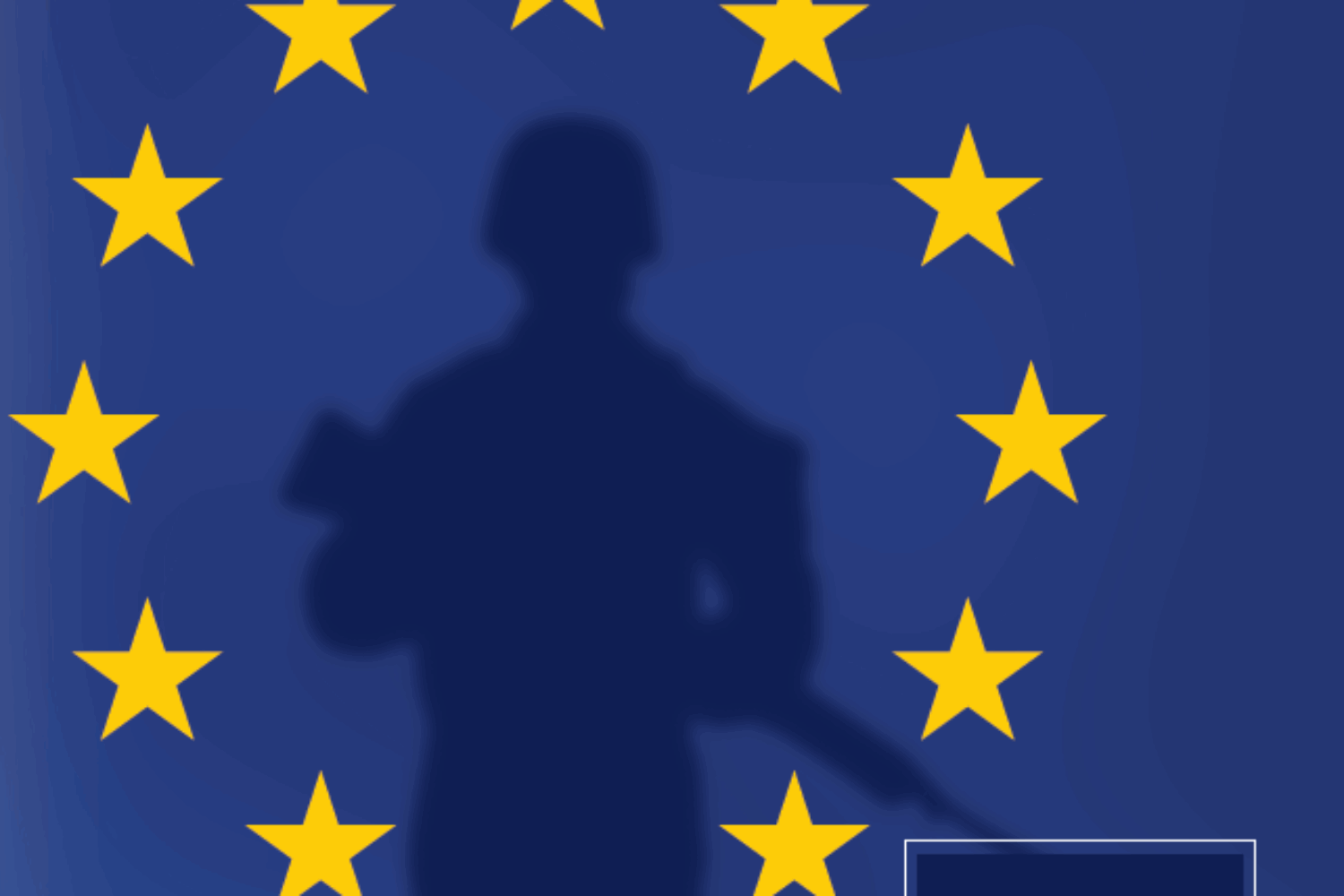2025-05-24 06:18:30

Steven Blockmans
An Associate Senior Research Fellow, and previously Director of Research, at the Centre for European Policy Studies (CEPS) in Brussels.
As Russia’s war continues to rage in Ukraine and NATO’s philosophy of deterrence has been eroded by the caprice of the Trump administration, Europe is ramping up its defence spending. By working through the EU institutions, member states aim to harmonise standards in the dual-use sphere, stimulate joint production, and facilitate joint procurement. But can this be done quickly enough to deter Russia from openly attacking EU territory? The fact that forward defence in Ukraine, which is a precondition for the EU’s own security, is hampered by internal disagreement is pushing Brussels to promote an “open architecture combined with variable geometry”. This is not just creating a polite excuse for member states to join a coalition of the willing outside the EU’s structures. It’s much more an invitation to non-EU states to strike up defence partnerships with the Union, provided they share the same strategic outlook. In this context, the EU enlargement policy is being infused with a big dose of geopolitical interest promotion, putting a prime on alignment by candidate countries to the Common Foreign and Security Policy.
Key words: European strategic autonomy; NATO; defence; EU enlargement.
Policy Paper #48 | May 2025
This publication was produced in cooperation with the Konrad-Adenauer-Stiftung (KAS), South Caucasus Office. The contents of this publication are the sole responsibility of the author and can in no way be taken to reflect the views of the Georgian Institute of Politics or the KAS South Caucasus Office.


